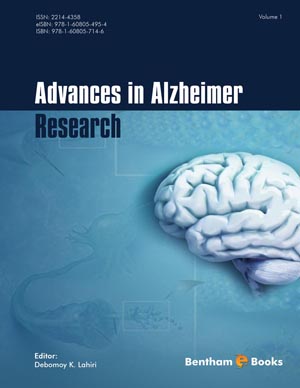Abstract
Alzheimer’s disease (AD) is a neurological disorder characterized by plaques deposition, neurofibrillary tangle formation and an elevated inflammation. Specifically, increased expression of interleukin (IL)-1β and tumour necrosis factor (TNF)-α have been observed in AD cerebrospinal fluid and temporal brain tissue. Conversely, epidemiological studies have shown that use of non-steroidal anti-inflammatory drugs (NSAIDs) by the elderly is often associated with a decreased relative risk and a delayed onset of AD. IL-1β and TNF-α genes were shown to carry genetic polymorphisms that increase the risk of developing common AD. Studies have also established the apolipoprotein E (apoE) gene to be a risk factor for AD, with ε4 carriers having been found to show lower levels of brain apoE protein. In the present study, treatment with IL-1β induced a significant increase in extracellular apoE protein in primary rat mixed glial cells but not in astrocyte cultures. Similarly, treatment of primary rat mixed glial cell cultures with the common NSAIDs, indomethacin and aspirin, induced significant increases in extracellular apoE protein levels. In contrast, treatment of primary rat astrocyte and mixed glial cell cultures with TNF-α significantly reduced extracellular apoE protein levels. These results are consistent with the notion that apoE is an actor of inflammation modulation since its release is regulated by pro-inflammatory cytokines and dampened by NSAIDs. This further supports the idea that elevated cytokine expression in AD directly modulates inflammation and indirectly apoEmediated neuronal remodelling.
Keywords: Alzheimer’s disease, apolipoprotein E, cell culture, interleukin-1β, non-steroidal anti-inflammatory drugs, tumor necrosis factor-cytokines, lipid, cholesterols, indomethacin, gene expression, mRNA.






















